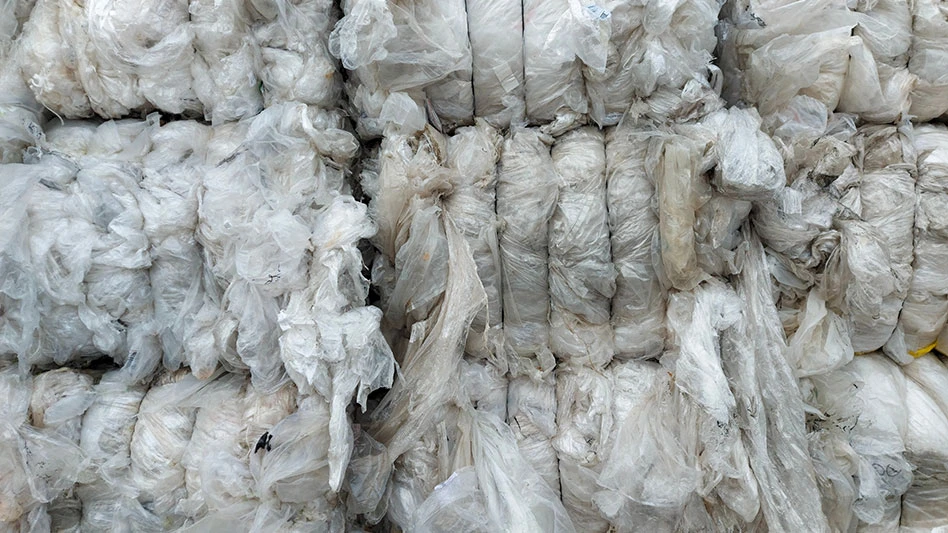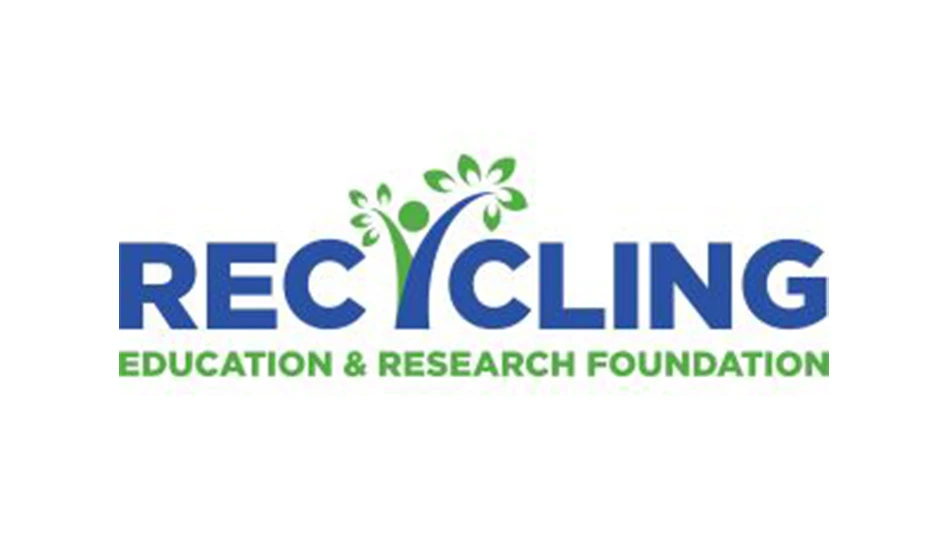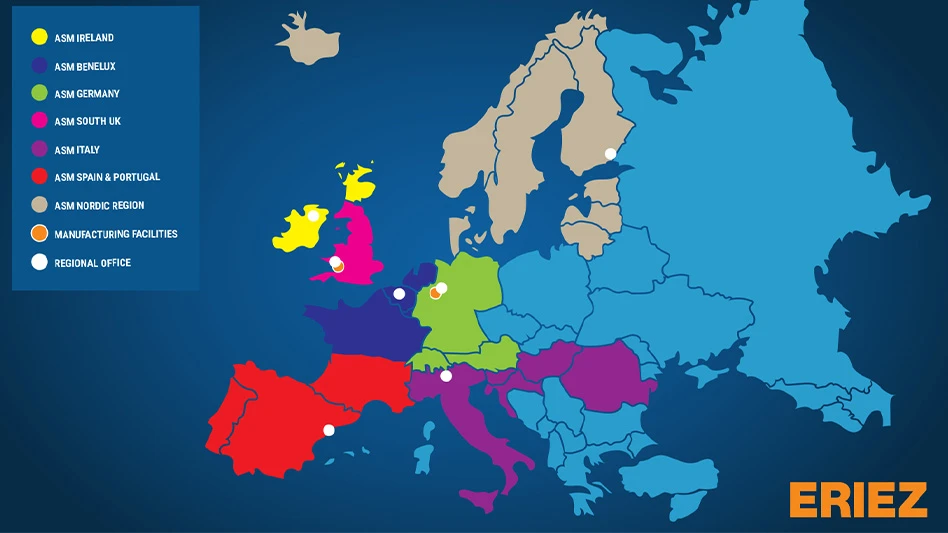
mykolastock | stock.adobe.com
Oregon Gov. Tina Kotek has passed Senate Bill 551, which is designed to eliminate all bags made of plastic film at checkout in restaurants, grocery stores and other retail establishments in the state.
The bill originally included provisions that would have required single-use plastic toiletries at lodging establishments to be available only upon request, as well as adding plastic utensils and condiments to Oregon's existing “straws upon request” laws. However, the Oregon House removed both those sections.
Retailers and restaurants would be asked to sell reusable bags made with recycled-content paper for a minimum of 5 cents per bag starting in January 2027. The reusable paper bags must include 40 percent postconsumer fiber, 40 percent non-wood renewable fiber or a combination of the two that totals 40 percent.
Plastic bags will still be allowed for grocery items like raw meat and bulk foods like fruit and vegetables. They will also be allowed for bulk hardware items like nails, bolts and screws. Once the law is in effect, violators will be fined up to $25 for each day they are in violation, and up to $300 per calendar year.
Oregon state Sen. Janeen Sollman and advocates who supported the bill celebrated the passage of S.B. 551 as an important step forward for reducing plastic pollution. They also expressed their commitment to pushing additional, commonsense, plastic reduction policies in the future.
“Wasteful disposable plastics like thick plastic checkout bags aren’t just annoying for consumers, they add unnecessary costs to our Oregon businesses and are contributing to an ever-increasing pile of plastic trash that is harming the environment and public health,”Sollman says. “Senate Bill 551 is an important step in addressing this large source of plastic pollution, and I'm proud to send it to the governor's desk."
“While narrowing the scope of S.B. 551 was a missed opportunity, addressing pollution from plastic film bags is a huge win for our environment,” says Tara Brock, Pacific legal director and senior counsel for Oceana. “Flexible plastic is the deadliest type of plastic to marine animals, pollutes our parks and beaches and gums up our local recycling facilities. Oregon is not immune to the impacts plastics are having on our oceans, communities, and climate. Oregonians overwhelmingly support state policies that reduce single-use plastic, and we commend the Oregon legislature for listening to their voices.”
“Nothing we use for just a few minutes should pollute the environment for hundreds of years,” says Celeste Meiffren-Swango, state director of Environment Oregon. “While we're disappointed that the Oregon legislature missed the opportunity to address even more sources of plastic pollution, we're happy that it voted with bipartisan support to eliminate those wasteful thick plastic bags at checkout. This bill will help reduce plastic waste, cut down on litter and build a cleaner, greener future. We look forward to seeing it signed into law."
"It's a shame that some individuals in the House couldn't support the 'ask first' portions of the bill, which really only stand to save businesses money and provide them and their customers with more freedom and choice to cut waste," says Charlie Plybon, Oregon senior policy manager for the Surfrider Foundation. "But we're excited that the most substantive part of this bill—saying goodbye to those thicker plastic checkout bags—was enthusiastically supported and retained."
“While there is no silver bullet to the plastic pollution crisis, research shows that bans work when it comes to reducing plastic pollution,” says Anja Brandon, director of plastics policy for Ocean Conservancy. “Targeting plastic grocery bags is particularly effective as they are among some of the most harmful and prevalent forms of single-use plastics found by Ocean Conservancy’s International Coastal Cleanup volunteers. We commend the legislature for passing S.B. 551 and look forward to working with the legislature to tackle additional sources of plastic pollution in the future."
Oregon enacted a ban on polystyrene foam containers in January and is set to implement its extended producer responsibility program July 1.
*This story was updated June 6 to reflect the bill being signed into law.
Latest from Recycling Today
- CalRecycle opens comment period on proposed SB 54 revisions
- 2026 Circular Steel Summit: Taking stock of tariffs
- CDRA Conference & Tradeshow 2026: Addressing battery fire risks
- Darda equipment now available in North America
- Struktol's ZB 47 and ZB 49 improve processability in rubber compounds
- Volatility wave hits copper pricing
- ArcelorMittal legal battle with Italy continues
- Altor program boosts EPS recycling





